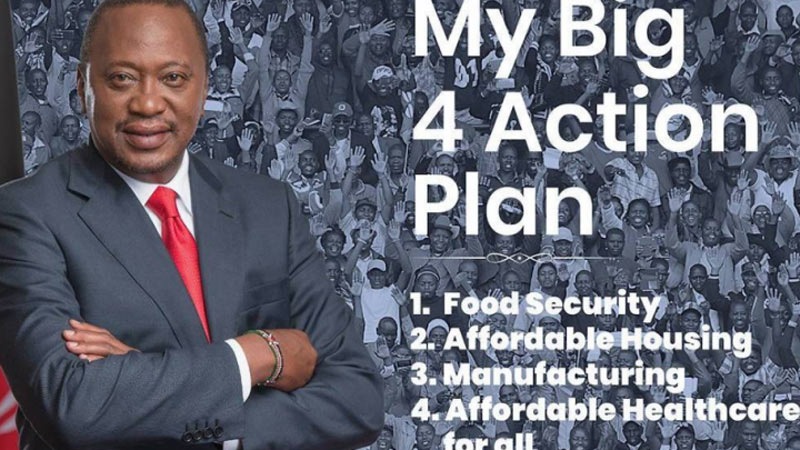×
The Standard e-Paper
Fearless, Trusted News

Forget the Big Four Agenda. If no significant changes take place over the next several months, President Uhuru Kenyatta’s lasting legacy will be that he presided over the most corrupt administration in Kenya’s history.
When future Kenyans talk of the Standard Gauge Railway, they will not consider it a success. Rather, they will remember it was a boondoggle used to swindle the public of Sh100 billion in addition to saddling Kenyans with ever more Chinese debt.